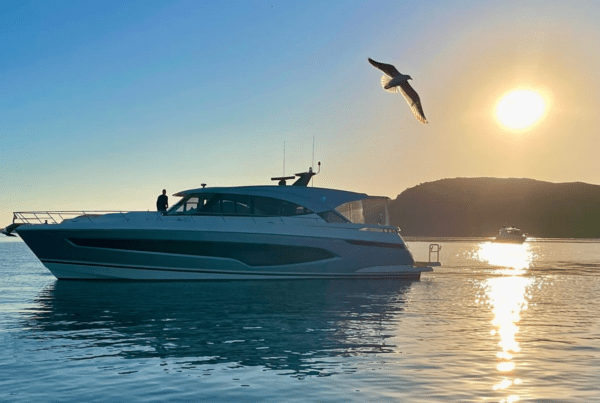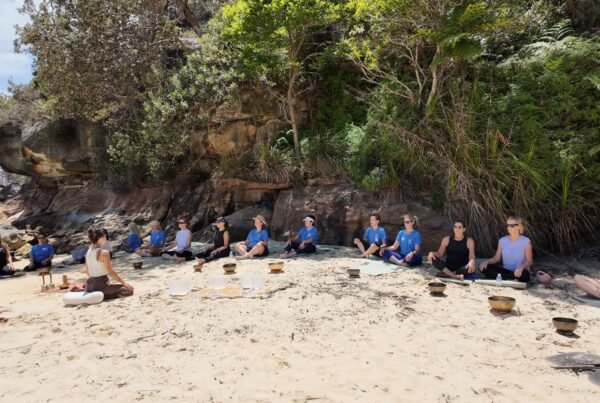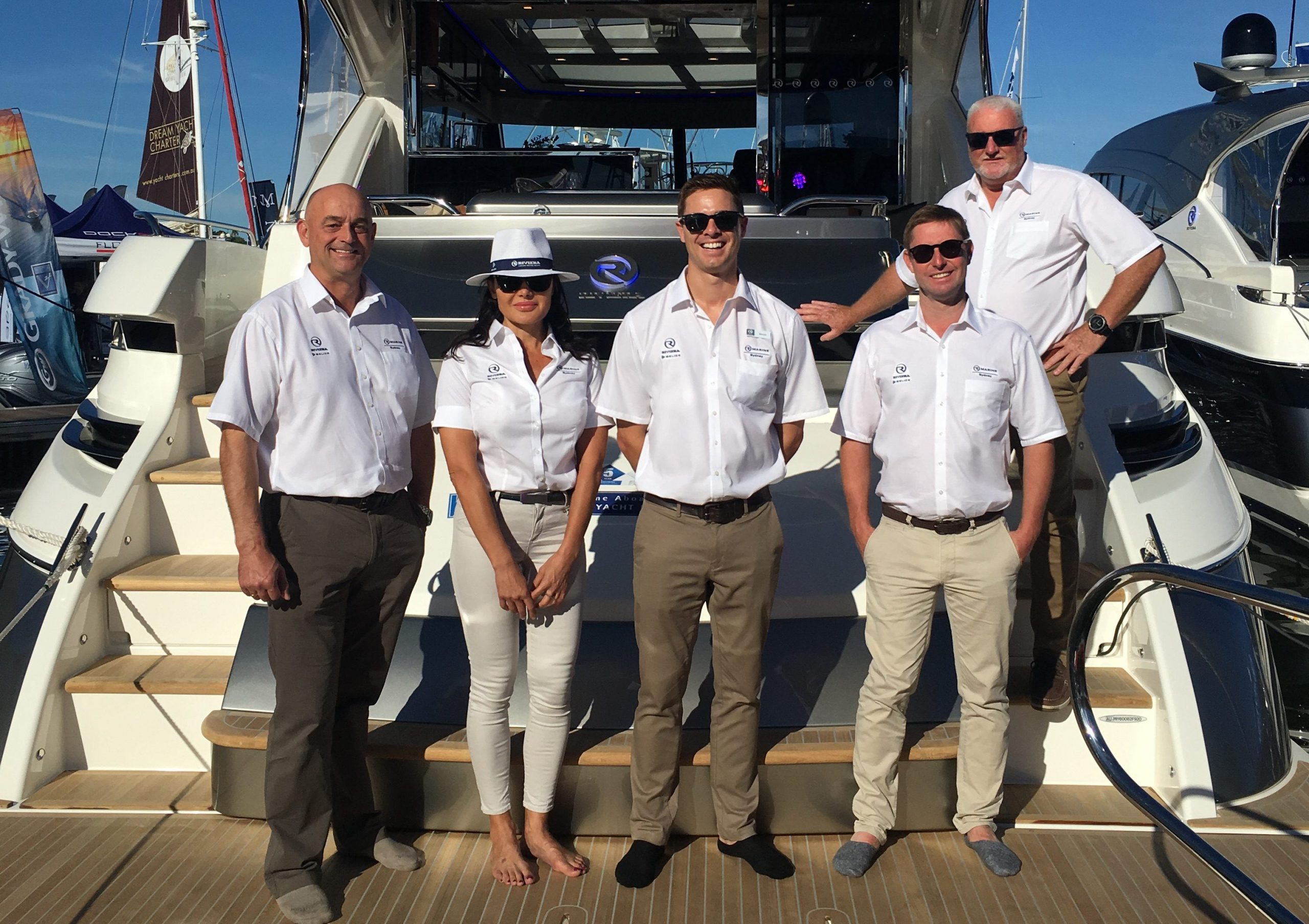
Whale Watching Season has Begun.
As the annual humpback whale migration begins along the East Coast, boaters are in for a spectacular show. These majestic marine mammals travel over 10,000 km from Antarctica to the warmer waters of Queensland – many pass right by Sydney’s coastline.
From the southern cliffs of Eden to the northern edges of Byron Bay, sightings of humpback whales and even the occasional orca have become a highlight for many Riviera owners cruising these waters. Witnessing these sea giants in their natural environment is one of the great privileges of boating in Australian waters.
Incredible Whale Facts You Might Not Know.
- Humpbacks can live for 50 years or more and weigh up to 40 tons
- They can leap fully out of the water, known as breaching, which is thought to be a form of communication or parasite removal.
- Each whale tail is unique, much like a fingerprint, and scientists use it to track individuals across decades.
- They have no teeth. Instead, they filter feed using baleen plates, straining tiny fish and krill from the ocean.
- They can hold their breath for over 30 minutes and dive as deep as 200 meters.
- They sing complex songs that can travel hundreds of kilometres underwater and are passed between whale populations like music traditions.
- Whales sleep in short 15 —to 30-minute bursts several times a day. While sleeping, they often float motionless near the surface or swim slowly.
- They are conscious breathers; they must stay partially awake to surface, breathe, and rest one half of their brain at a time.
Whale Mating Process
The breeding season for humpback whales occurs during their migration to warmer waters, typically from May to August. Males compete aggressively for females and sing complex songs; each population has its own “hit song,” which can change yearly.
Females may mate with multiple males during a season and do not form pair bonds. Instead, females raise their calves independently. The pregnancy of a humpback whale lasts between 11 and 12 months, and mothers usually give birth every 2 to 3 years.
Calves are typically born in warmer tropical waters, such as those off the coast of Queensland. A calf can weigh between 1 and 2 tonnes at birth and measure 4 to 5 meters in length. Humpback calves stay with their mothers for around 12 months and nurse for up to a year. During this time, the mother teaches her calves how to breathe, navigate, migrate, and avoid predators, such as orcas and some sharks, particularly great whites, which can prey on smaller whales. The maternal bond during the first year is extremely strong. Once weaned, calves begin their independent lives.
Do whales recognise Other family members?
Some species of whales, such as orca whales, live in matrilineal family pods for their entire lives and recognise their relatives. In contrast, humpback whales tend to be more solitary; however, they can remember individuals for long periods, especially if they have had significant social interactions.
While whales may not actively seek out their relatives, they respond to familiar calls and behaviours.
Long-term studies using photo identification and song analysis have shown that humpbacks often return to the same breeding or feeding grounds, where many encounter their kin.
Can Whales Recognise Humans?
Anecdotal evidence indicates that whales can recognise individual humans, particularly divers and scientists with whom they have previously interacted.
Humpback whales possess an exceptionally long-term memory, which they utilise to navigate around boats and human voices. For instance, there are recorded instances of whales returning to the same vessel or behaving differently when encountering familiar researchers as opposed to strangers.
What happens When Whales Die
Whales typically die from old age, illness, or injury. When they die, their massive bodies often sink to the ocean floor, creating what is known as a “whale fall.” This event supports a deep-sea ecosystem, providing food for thousands of organisms for decades.
Dead whales may sometimes float in shallow waters due to gas buildup, which can last several days. Eventually, they decompose or wash ashore if the current carries them that way. Beached whales can pose health risks due to releasing toxic gases and bacteria. In rare instances, decomposing whales have exploded due to internal gas pressure.
Scientists study dead whales to gain insights into diseases, pollution, and plastic ingestion.
Many Aboriginal communities treat dead whales as a spiritual event. Whales are considered ancestors and totems. They symbolise protection and family and are seen as a way of respect, particularly in whale totem communities. Certain tribes believe the presence of a dead whale signals a message from ancestors or the keepers of deep wisdom.
Boating Etiquette and Safety around Whales
As breathtaking as these encounters are, there are strict guidelines in place to protect both whales and vessels. If you spot a whale :
- Maintain at least 100 metres distance at all times, 300 metres if calves are present.
- Do not approach front on or from behind; always maintain a parallel course
- Let the whale decide. If it comes to you, remain neutral and enjoy the moment.
- Turn off sonar and depth sounders when whales are nearby.
Just a reminder: Whale watching from a boat is regulated by NSW law. You can find a complete marine approach by clicking here
Looking for the perfect spot to watch the whales this season?
Check out our current Riviera listings and find an ideal Riviera motor yacht to enjoy the migration in comfort and style. Click here to view our current listings












